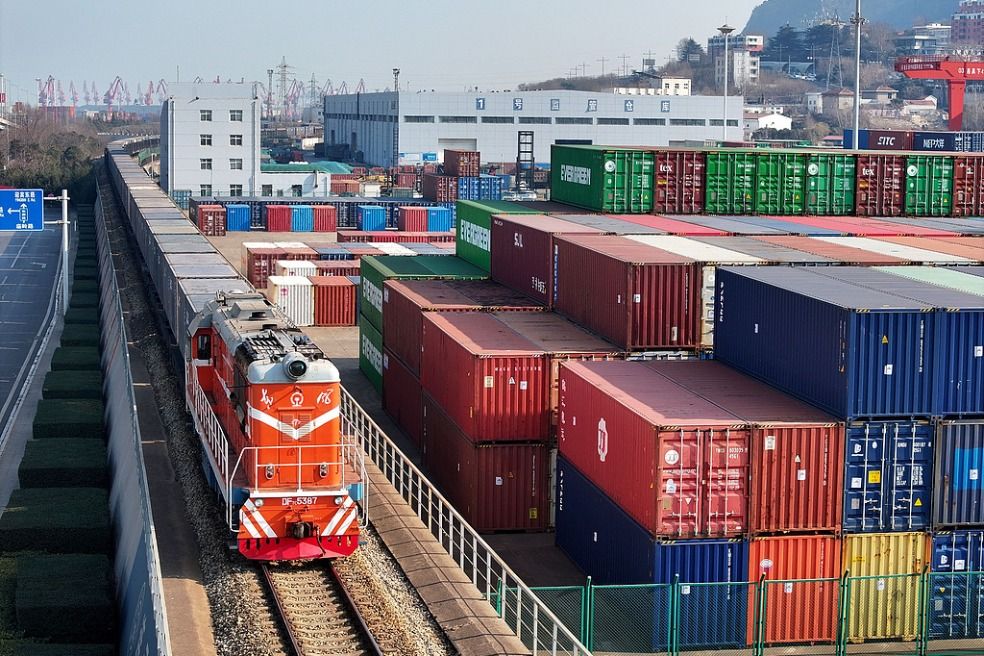CHINA TO REMAIN STRATEGIC INVESTMENT DESTINATION FOR SWISS RE

BEIJING - Despite rising external uncertainties, China is poised to remain an attractive investment destination for Swiss Re, the international reinsurance provider, according to Jerome Jean Haegeli, group chief economist.
"We remain committed to being here for the long term and view the business as highly strategic," Haegeli said in an exclusive interview with China Daily. "We have reasonable investments in China and there's no reason for making any changes about our plans."
China's economy is projected to grow 4.6 percent in 2025, according to Swiss Re's baseline scenario forecast. This growth rate, although lower than in previous years, will still be notable by global standards.
Haegeli cited the broad development opportunities in China's insurance sector as a key reason for Swiss Re's continued commitment to the market. The penetration rate remains relatively low compared to other global markets, offering attractive opportunities for insurers and reinsurers.
"I have no doubt that they will fulfill those ambitions [of policymakers enhancing the role of the insurance industry]," Haegeli said. "China's economic governance is characterized by long-term thinking with great consistency and determination, which provides a unique comparative advantage in achieving its long-term goals."
The Chinese government has shown clear determination to strengthen the protection role of the insurance industry for society, viewing it as a key pillar to enhance economic resilience and address economic shocks.
Insurance companies operating in China recorded primary insurance premium income of 4.79 trillion yuan ($653.3 billion) in the first three quarters of 2024, up 7.2 percent year-on-year, according to the National Financial Regulatory Administration.
However, Haegeli noted that China's economic growth has clearly slowed compared to its historical performance. To alleviate downward pressure, he suggested enhancing consumption as a growth driver and strengthening the social security system to unleash more savings into the real economy.
Pan Gongsheng, governor of the People's Bank of China, echoed this sentiment, stating that the country will intensify macroeconomic policy adjustments to correct the trajectory of economic growth. He added that taking measures to resolve debt issues in the real estate sector and deepening reforms at State-owned enterprises are essential for a more robust economic recovery.
